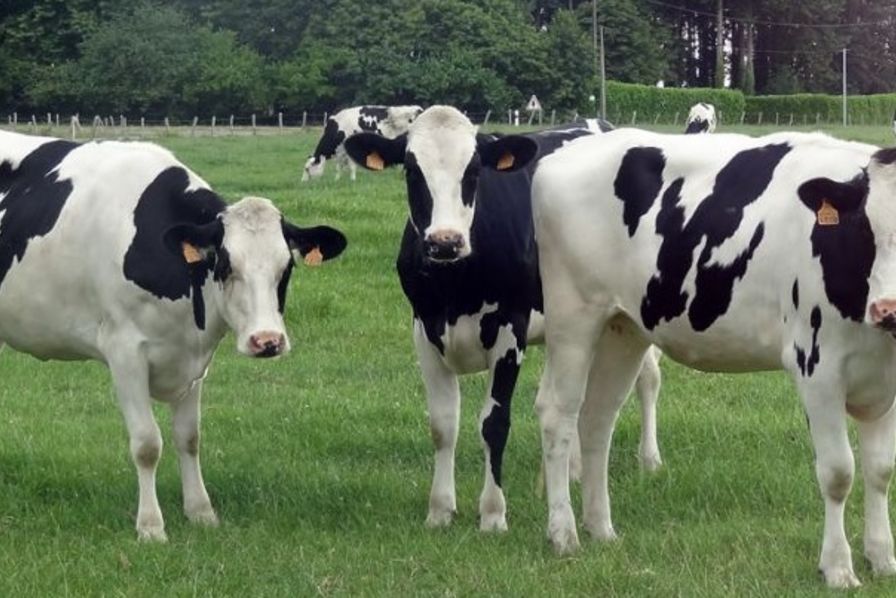After rapidly recruiting new consumers, producers of organically produced meat want to focus on strengthening distribution in the restaurant industry and on better controlling the supply/demand ratio.
Interbev, the livestock and meat interprofessional organization, is pleased to report that organic meat is recruiting more and more followers. 74% of consumers surveyed by Ifop (1003 people, from 22 to 24 August 2018, online) say they consume organic meat at least occasionally. A figure in strong progression since the beginning of the study, four years ago: they were only 59% in 2015, then 70% in 2016 and 71% last year. « We are heading towards a stabilization of consumption, and an increase in its frequency, »observes Denis Lerouge, head of studies at Interbev.
72% of respondents also believe that it is « essential » to find meat among the offer of products from organic farming. In 2017, the market for organic beef represented 317 million euros (+12.8%); that of organic charcuterie and cured meats, 132 million euros (+22.2%); that of pork, 82 million euros (+10.8%) and 55 million euros for sheep meat (+12.2%).
Strong price differences with conventional agriculture
« It is certain that, for part of the population, the price is an obstacle when their budget is tight, recognizes Denis Lerouge. Nevertheless, more and more French people are consuming organic meat on an occasional basis, and understand that it must be paid for at its true value. « The average price difference between organic and conventional meat is estimated at about 30% for pork, due to a greater need for labor, 10% to 12% for beef and lamb, and 30% for poultry cuts. The costs of an organic farm are on average 15% higher than those of a conventional farm.
The products are mainly bought in supermarkets (52%), far ahead of specialized organic stores (17%) and artisanal butcher shops (14%). Consumers in the upper social classes are the most fond of organically produced meat, while the 15-24 year olds, the famous Millenials, are also over-represented. Sales are very urban: 84% of respondents living in the Paris area say they consume organic meat.
Difficulties in establishing itself in the restaurant industry
In order to develop the consumption of organic meat, professionals have high hopes for the out-of-home catering sector, where 68% of consumers surveyed regret not finding organic meat. 44% of those surveyed said that they would prefer to choose a restaurant that offers organic meat, even if it is more expensive. The control of traceability hinders the development of organic meat in commercial catering, as an organic product must then be made with organic ingredients, such as oil for example.
« One of the problems of the sector is also to sell the entire carcass, » adds Jean-François Degrorie, coordinator of the organic commission of Interbev. The valuation of the whole carcass requires, for the breeders and the groups, to make sure to benefit from enough contracts in order to dispatch the different pieces. The good correlation between the growth of supply and demand is, finally, part of the files currently followed by the interprofession. By the end of 2020, the production of organic pork could be multiplied by 2.5, under the impetus of large conventional farms which, with their resources, are developing an organic activity.
Source : usinenouvelle.com




